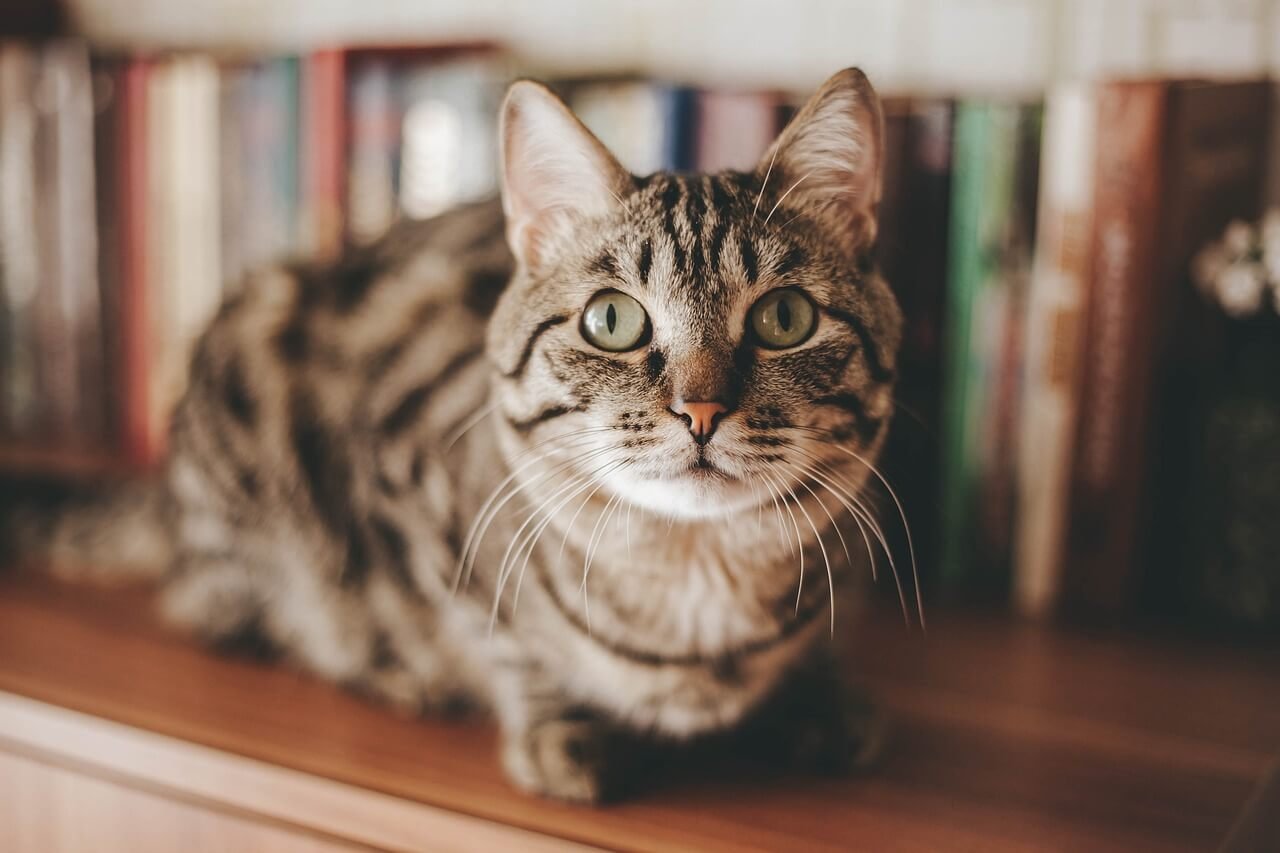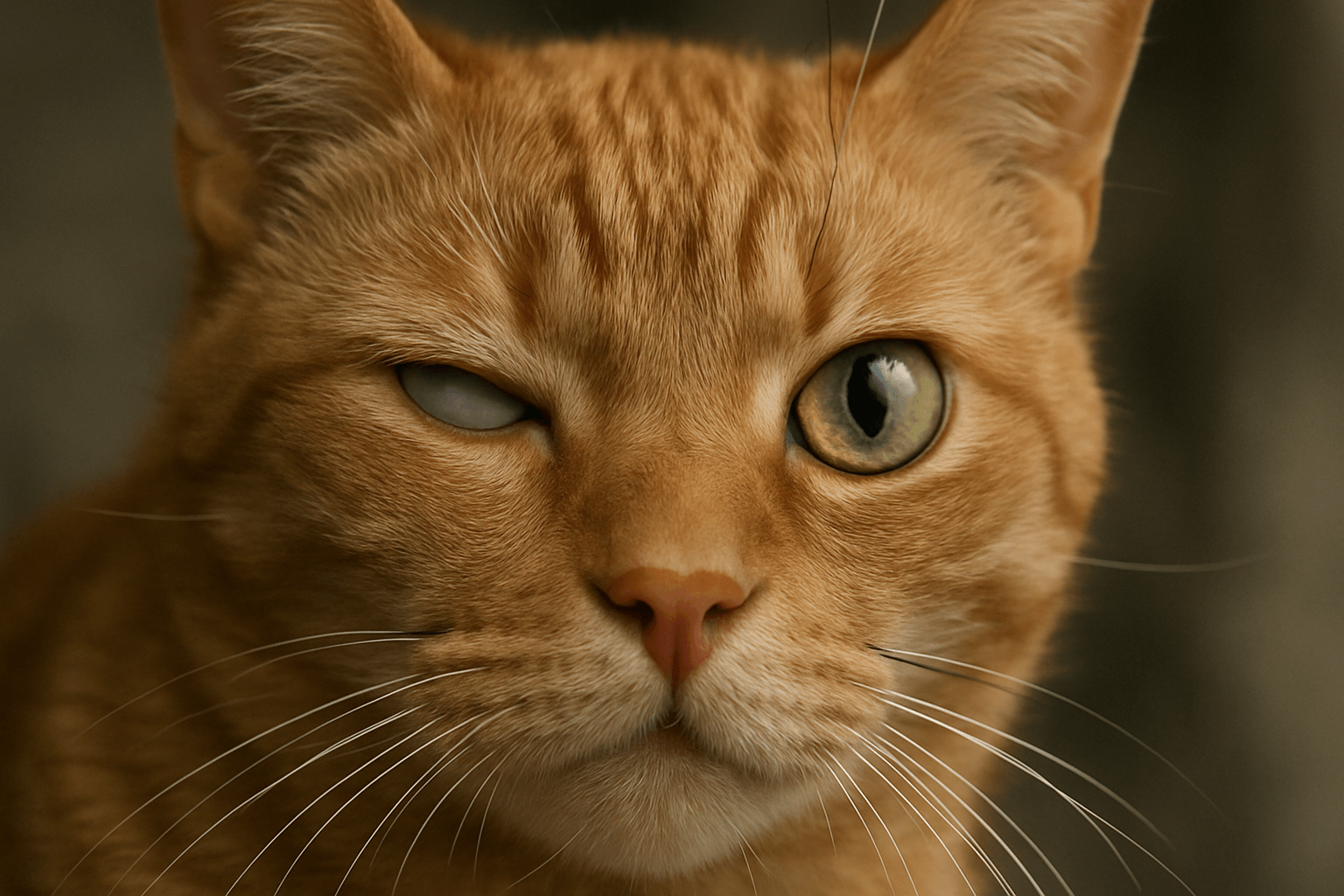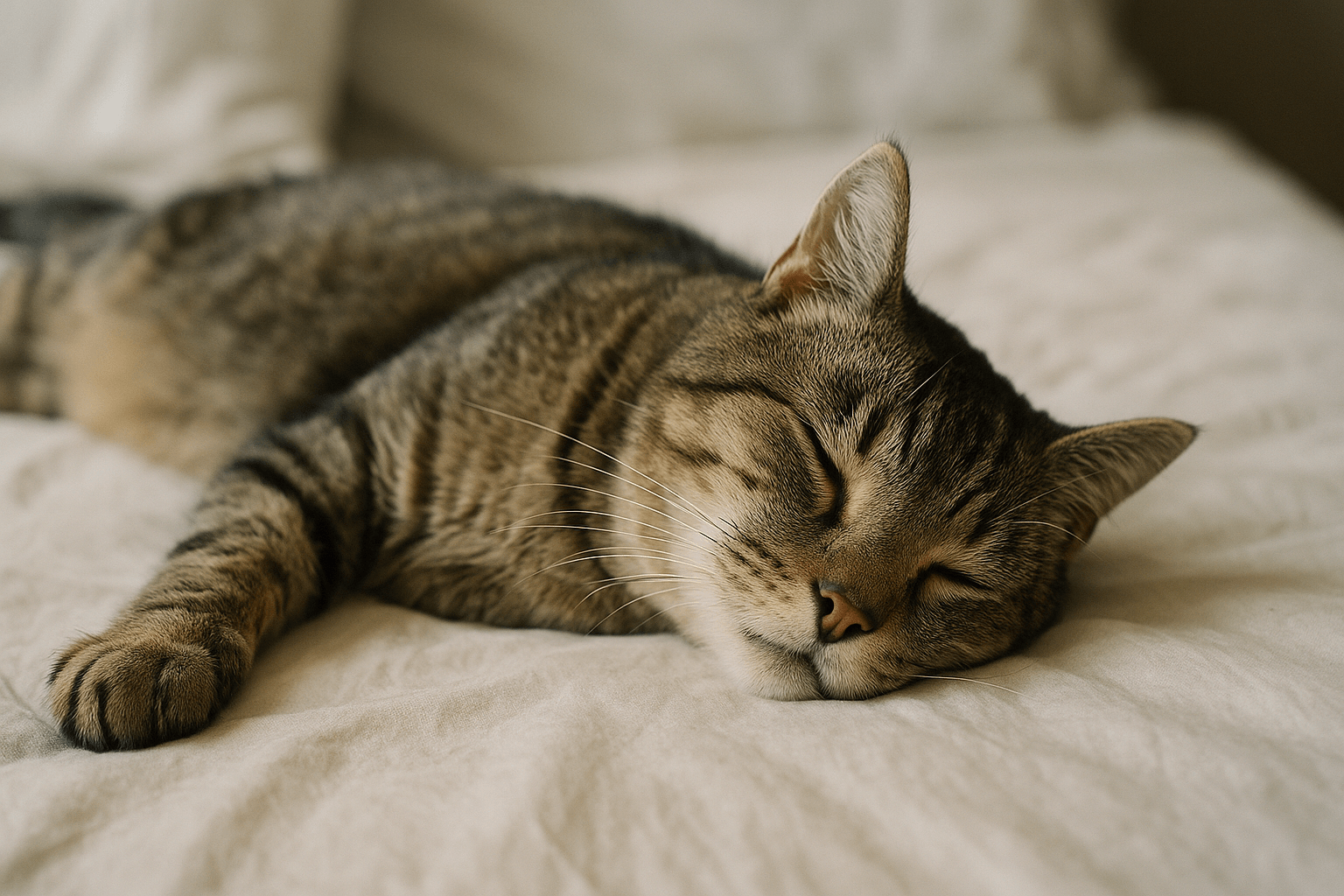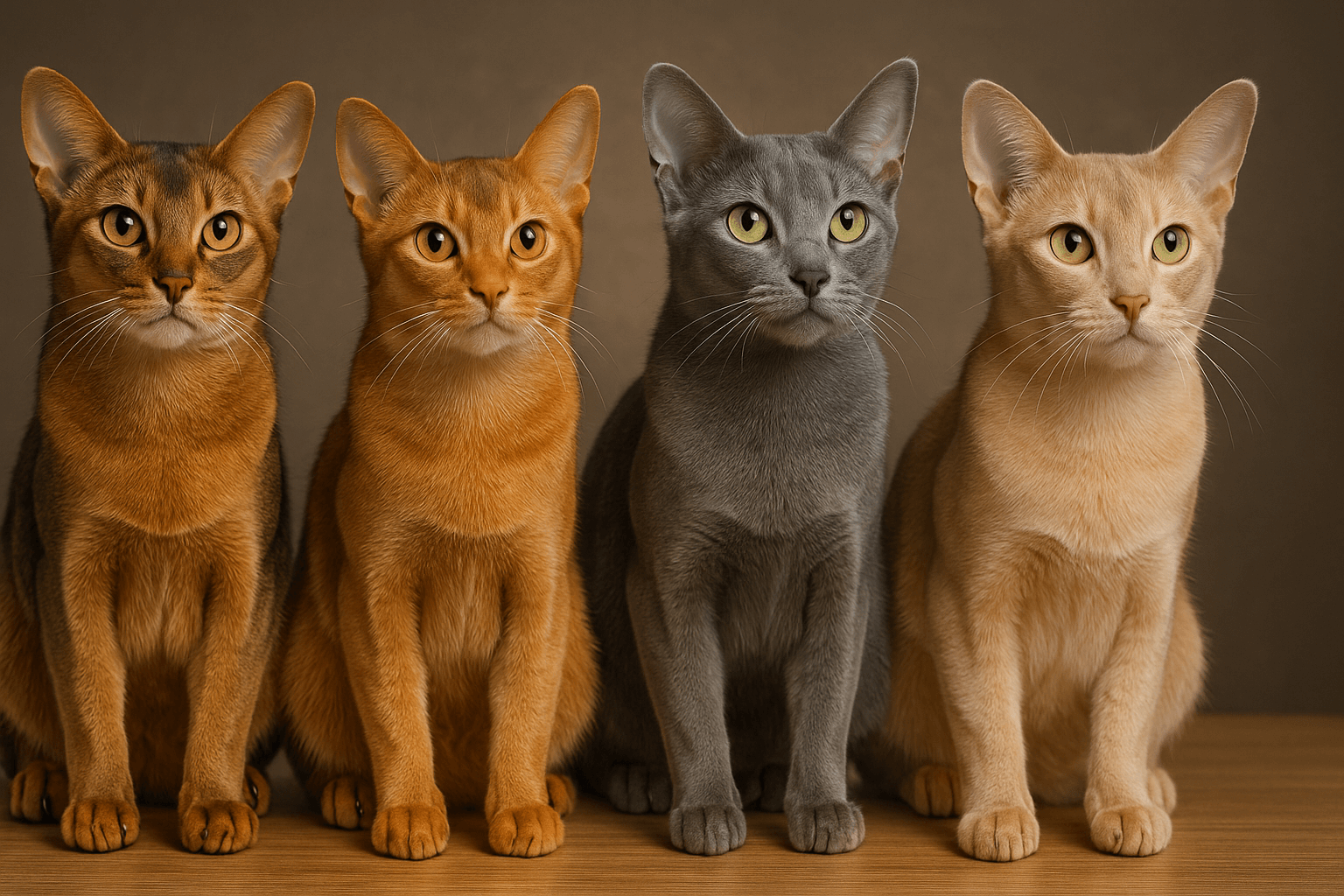Why Does My Cat Play in the Litter Box? Decoding This Quirky Behavior
Cats are known for their quirky and sometimes puzzling behaviors, but few habits raise as many eyebrows as playing in the litter box. Whether your feline friend is digging excessively, tossing litter around, or even rolling in it, this behavior can leave you scratching your head. While it might seem odd—or even frustrating—understanding why your cat engages in this activity can help you address it effectively. In this article, we’ll explore the reasons behind this behavior, offer practical tips to manage it, and ensure your cat’s litter box experience remains hygienic and enjoyable for everyone involved.
Unpacking the Mystery: Why Do Cats Play in Their Litter?
There are several reasons why your cat might treat the litter box like a playground. From instinctual behaviors to environmental factors, understanding these motivations can help you identify what’s driving your cat’s actions.
Natural Digging Instincts :
Cats are hardwired to dig and cover their waste, mimicking their wild ancestors’ need to hide their scent from predators.Curiosity About Texture :
Kittens, in particular, are fascinated by the texture of litter and may paw at it out of curiosity.Boredom or Excess Energy :
A lack of stimulation can lead cats to entertain themselves by playing with litter.Stress or Anxiety :
Changes in the environment, such as moving homes or introducing a new pet, can cause stress-related behaviors like excessive digging.Attention-Seeking Behavior :
If your cat associates playing in the litter box with getting your attention, they may do it more frequently.
While some of these behaviors are harmless, others may indicate an underlying issue that needs addressing. Observing your cat’s overall demeanor can provide valuable clues.
When Playing Becomes a Concern: Red Flags to Watch For
Not all litter box antics are cause for alarm, but certain signs may indicate that your cat’s behavior is problematic or linked to health issues. Here’s how to tell if it’s time to take action:
Excessive Litter Scattering :
If your cat is flinging litter across the room daily, it could signal dissatisfaction with the box setup.Rolled or Soiled Fur :
A cat rolling in the litter box may have hygiene concerns or discomfort with their environment.Avoiding the Litter Box Altogether :
Playing in the box instead of using it properly might suggest an aversion to the litter or placement.Changes in Demeanor :
Aggression or withdrawal while near the litter box could point to stress or pain.Frequent Vocalizations :
Meowing or growling during litter box interactions might indicate discomfort or illness.
If any of these behaviors persist, it’s essential to investigate further. Addressing the root cause early can prevent bigger problems down the line.
Check this guide 👉The Ultimate Cat Playground Experience: Best 7 Expert Tips!
Check this guide 👉Cats Playing or Fighting? Best 7 Expert Tips!
Check this guide 👉The Endearing Charm of a Cat Playing with Yarn: Best 7 Tips!
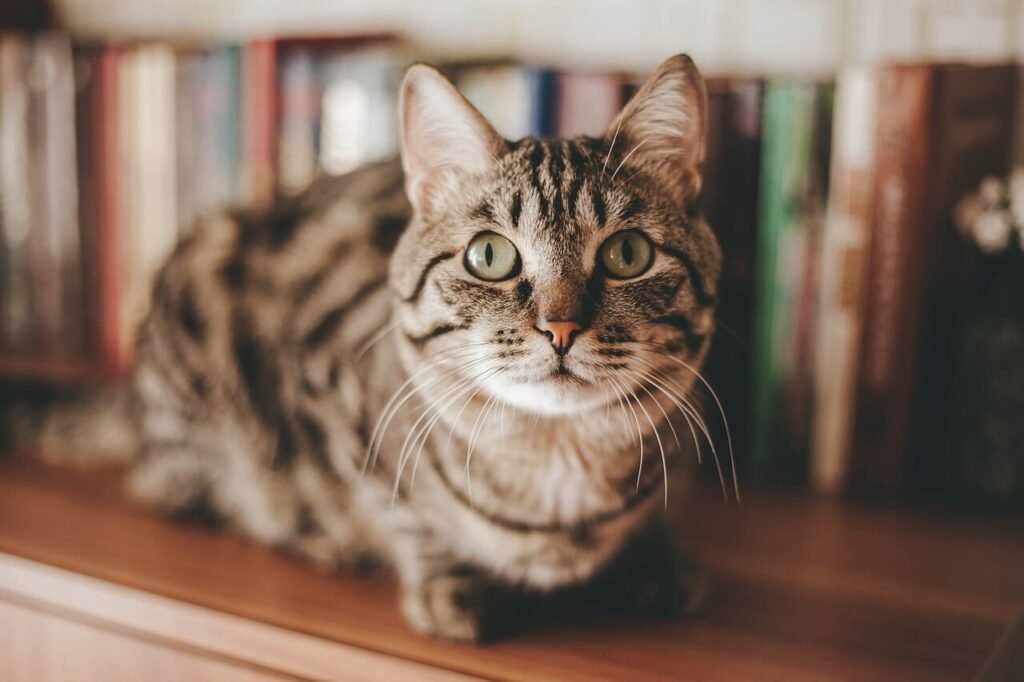
Possible Causes of Litter Box Play | Solutions to Try |
|---|---|
Boredom or excess energy | Provide interactive toys and playtime |
Stress or anxiety | Create a calm, stable environment |
Dislike of litter type | Experiment with different litter textures |
Dirty or smelly litter box | Clean the box regularly and thoroughly |
Attention-seeking behavior | Redirect focus with positive reinforcement |
How to Redirect Your Cat’s Litter Box Antics
If your cat’s litter box play is becoming disruptive or unhygienic, there are steps you can take to discourage the behavior. These strategies aim to redirect their energy and make the litter box less appealing as a toy.
Switch to Larger Pellet Litter :
Larger pellets are harder to scatter, reducing mess and discouraging playful pawing.Use a Covered Litter Box :
A hooded design can limit access and contain litter better than open boxes.Provide Alternative Digging Opportunities :
Offer sandbox-style toys or shallow trays filled with safe materials for digging fun.Increase Playtime and Enrichment :
Engage your cat with puzzle feeders, laser pointers, or feather wands to burn off excess energy.Reward Proper Behavior :
Praise or reward your cat when they use the litter box correctly without playing.
With patience and consistency, these methods can help minimize unwanted litter box play while fostering healthier habits.
Nipping the Behavior in the Bud: How to Train Kittens Early
Kittens are naturally curious and prone to exploring their surroundings, including the litter box. Taking proactive steps early on can help prevent litter box play from becoming a long-term habit.
Choose the Right Litter :
Opt for non-toxic, clumping litter that minimizes appeal as a “toy.”Supervise Initial Use :
Monitor your kitten’s first few weeks of litter box use to correct playful behavior immediately.Keep the Area Clean :
Regularly tidy up spilled litter to remove temptation for further play.Introduce Scratching Posts :
Redirect scratching instincts toward designated posts or mats instead of the litter.Set Boundaries Gently :
Use gentle redirection techniques, like placing them elsewhere when they start playing in the box.
Early intervention ensures kittens learn appropriate litter box etiquette, setting the stage for good habits as adults.
Creating a Calmer Space: How Your Home Setup Can Help
Sometimes, simple changes to your cat’s environment can discourage them from treating the litter box like a playground. By making the area less stimulating or more structured, you can guide their behavior in a positive direction. Here are some adjustments to consider:
Relocate the Litter Box :
Place the box in a quiet, low-traffic area to reduce distractions and stress.Use Mats Around the Box :
Litter mats can catch scattered debris and make it harder for your cat to fling litter around.Limit Access to the Box Temporarily :
Supervise your cat’s visits to the box until they learn appropriate use.Add Vertical Space Nearby :
Install shelves or perches near the box to redirect climbing and jumping behaviors.Block Visual Distractions :
Use room dividers or curtains to minimize stimuli that might excite your cat during litter time.
By tweaking your home setup, you can create an environment that encourages proper litter box habits while minimizing playful tendencies.
Easing Anxiety: How to Soothe Your Cat’s Nerves
Stress and anxiety are common culprits behind unusual litter box behaviors, including excessive digging or playing. Identifying and addressing the source of your cat’s stress can help restore harmony. Here are some strategies to calm your feline friend:
Establish a Routine :
Consistent feeding, play, and cleaning schedules provide stability and reassurance.Introduce Calming Scents :
Products with pheromones or natural scents like lavender can promote relaxation.Create Safe Spaces :
Offer cozy hideaways where your cat can retreat when feeling overwhelmed.Gradual Introductions to Changes :
If you’ve recently moved or added a new pet, introduce changes slowly to avoid overwhelming your cat.Provide Mental Stimulation :
Puzzle toys and interactive games can distract your cat from stress-related behaviors.
Reducing stress not only improves litter box habits but also enhances your cat’s overall well-being. A calm cat is a happy cat!
Redirecting Energy: Fun and Safe Outlets for Your Cat
If your cat is using the litter box as a source of entertainment, providing alternative activities can help redirect their energy toward more appropriate outlets. These solutions focus on enriching your cat’s environment and satisfying their instincts in healthier ways.
Interactive Toys :
Wand toys, laser pointers, and motorized mice can engage your cat’s hunting instincts.DIY Digging Boxes :
Fill a shallow container with safe materials like shredded paper or sand for supervised digging fun.Scratching Posts Near the Box :
Position scratching posts close to the litter box to channel pawing behavior elsewhere.Food Dispensing Toys :
Treat-dispensing puzzles keep your cat mentally stimulated and physically active.Rotate Toys Regularly :
Keep your cat interested by swapping out toys every few days to prevent boredom.
By offering engaging alternatives, you can satisfy your cat’s curiosity and playfulness without sacrificing the cleanliness of your home. A little creativity goes a long way!
Frequently Asked Questions About Cats Playing in the Litter Box
Is it normal for my cat to dig excessively in the litter box?
Yes, digging is a natural behavior, but excessive digging might indicate stress or dissatisfaction.
Should I punish my cat for playing in the litter box?
No, punishment can increase stress and worsen the behavior; focus on positive reinforcement instead.
Can changing the litter type stop my cat from playing?
Switching to a less appealing texture, like larger pellets, may reduce playful tendencies.
What if my cat rolls in the litter box?
Rolling could signify discomfort or a dislike of the litter; try experimenting with alternatives.
Could medical issues cause unusual litter box behavior?
Yes, consult a vet if you notice changes in litter box habits alongside other symptoms.
Final Thoughts: Embracing Your Cat’s Unique Personality
While playing in the litter box might seem perplexing, it’s often just another example of your cat’s unique personality shining through. By understanding the reasons behind this behavior and implementing thoughtful solutions, you can create a harmonious balance between your cat’s instincts and your household’s needs. Remember, patience and empathy go a long way in nurturing a happy, healthy relationship with your feline companion. With a little effort, you can transform this quirky habit into a manageable—and maybe even endearing—part of life with your beloved pet.
Why Is My Cats Second Eyelid Showing? Best 7 Expert Tips! Understand causes, health signs, and how to respond when your cat’s third eyelid becomes visible.
How Do I Know If My Cat Died Peacefully? Best 7 Expert Tips! Discover the quiet signs of a peaceful feline passing and find comfort in their final moments.
Cat Allergy Eyes: Best 7 Expert Tips! Discover why your eyes react to cats and learn proven strategies for relief—without giving up your feline friend.
Why Do Abyssinian Cat Colors Matter? Best 7 Expert Tips! Discover the genetics, rare hues, and care secrets behind Abyssinian coat colors for a healthier, happier cat.

